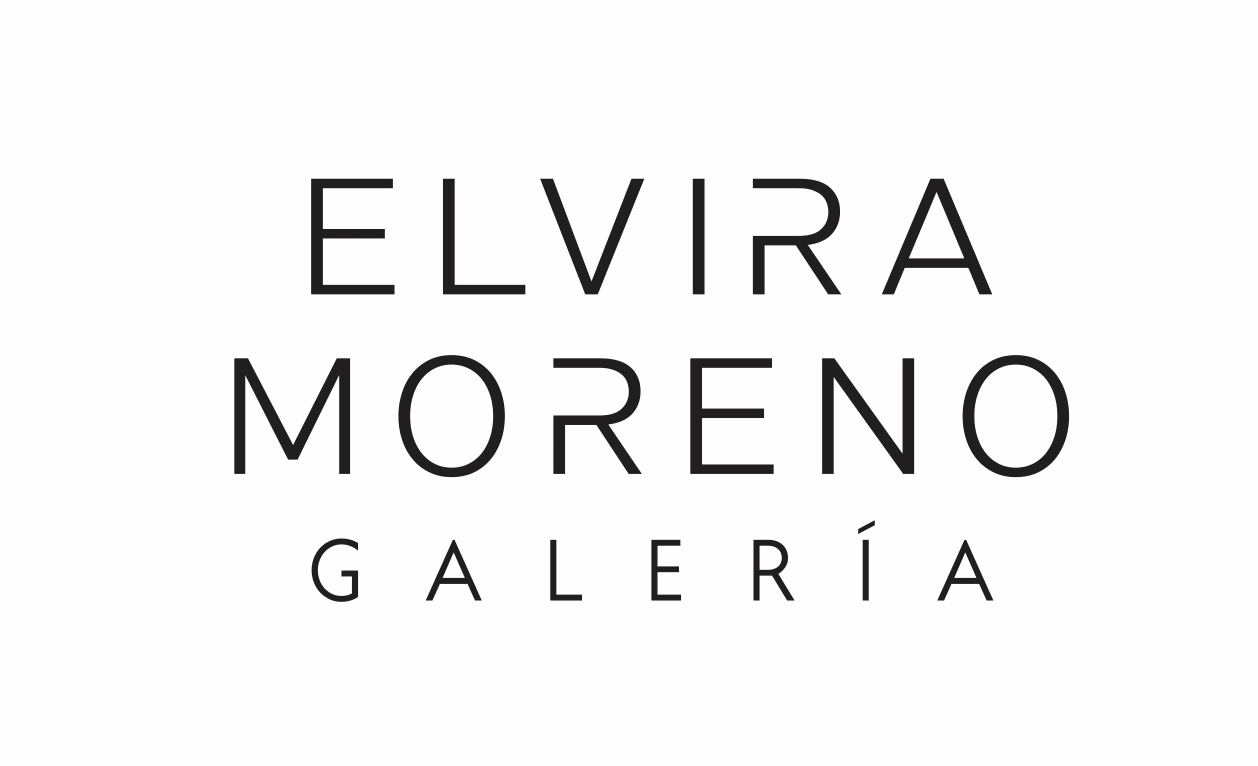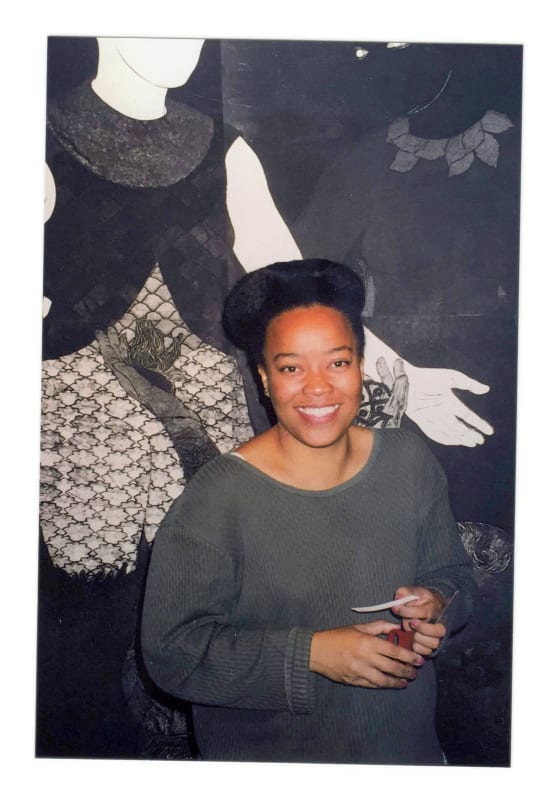Belkis Ayón was a Cuban artist who studied between 1986 and 1990 at the Higher Institute of Art in Havana (ISA). Her work was always characterized by a stoic and "archaic" form of representation –in the art-historical sense–. Representing, most of the time, scenes from the Abakua mythology, a religion whose origins date back to the 19th century in Cuba and a religion that prohibited the participation of women. In her collographies (Ayón's preferred technique), images of women without mouths are shown in compositions that resemble Western Christian iconography. Over the years, her work drifted towards greater monumentality and compositional complexity, opting for designs in collage and Colographies in which mixtures and relationships with Abakua and Christian religious imagery were increasingly recurrent. In conceptual and, if possible, in psycho-historical terms, Ayón's work was, more than anything else, a collection of feelings and archetypes manifested through art regarding the repression and inequality of women. Her work has been exhibited in various venues in the United States, including the Museo del Barrio in New York (2017), the Fowler Museum at UCLA in Los Angeles (2017), and the Station Museum of Contemporary Art in Houston (2018). In Spain, in 2021, a retrospective was held at the Reina Sofía Museum called Colografías, Belkis Ayón, and in 2022, her work will be part of the Venice Biennale.


